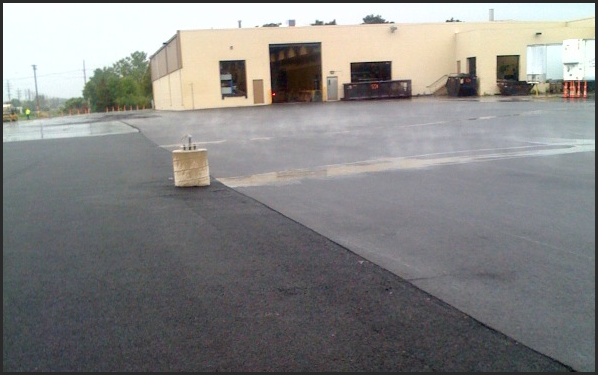With each year, smart business owners look for ways to maximize their return on their investment. One thing to consider is getting a “green” reputation (and getting ahead of environmental regulations). And one way to decrease a negative environmental impact is to use pervious pavements for your parking lots and thoroughfares.
What are pervious pavements?
It can be somewhat difficult outside the industry to understand the differences between pervious, porous, and permeable pavement and asphalts. The terms are often used interchangeably. This is because the ultimate goals achieved are similar – water, instead of simply running off, can percolate through. Allowing it to do so helps decrease flooding, better manage storm water because less of it has to rush into gutters and sewers, helps keep water tables filled, and even helps the environment by removing toxic substances via the percolation process. While they all accomplish the same goals, there are some differences between them.
Pervious pavement is generally considered the umbrella term for all the types of paving that accomplish these goals. Within that, you have porous or permeable pavements, such as porous asphalt pavement, which allow the water to percolate through the entire surface area. You also have permeable pavers, which are really impermeable except that they allow water to percolate through wherever they’re joined to one another. So, in this case, the paving stone itself is not porous, but using paving stones still allows water to percolate through a lot more than non-pervious pavements because of how many paving stones are used and thus how many joins there are throughout the surface. Paving stones are often more decorative and more expensive. However, regardless of which type of pervious pavement is used, the benefits to the environment are similar.






